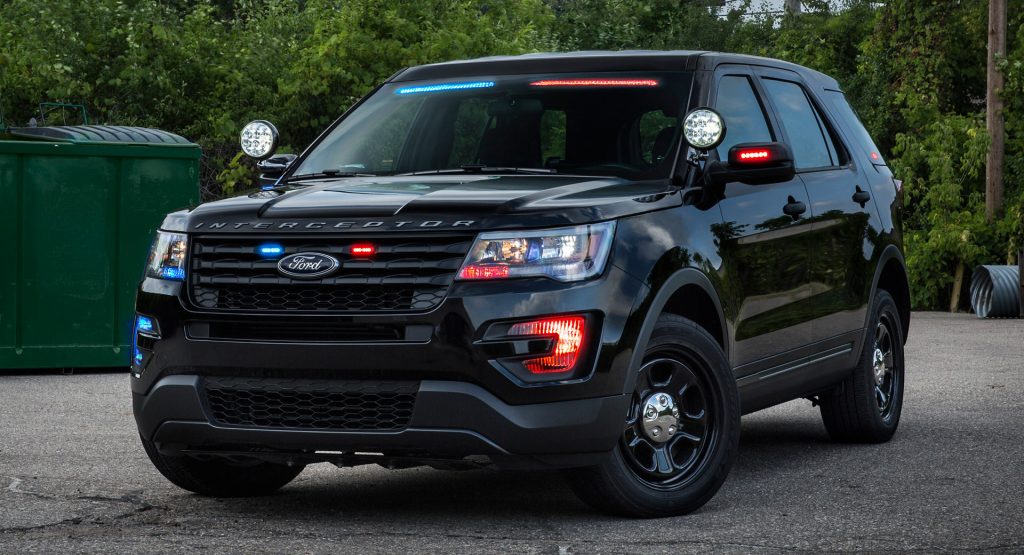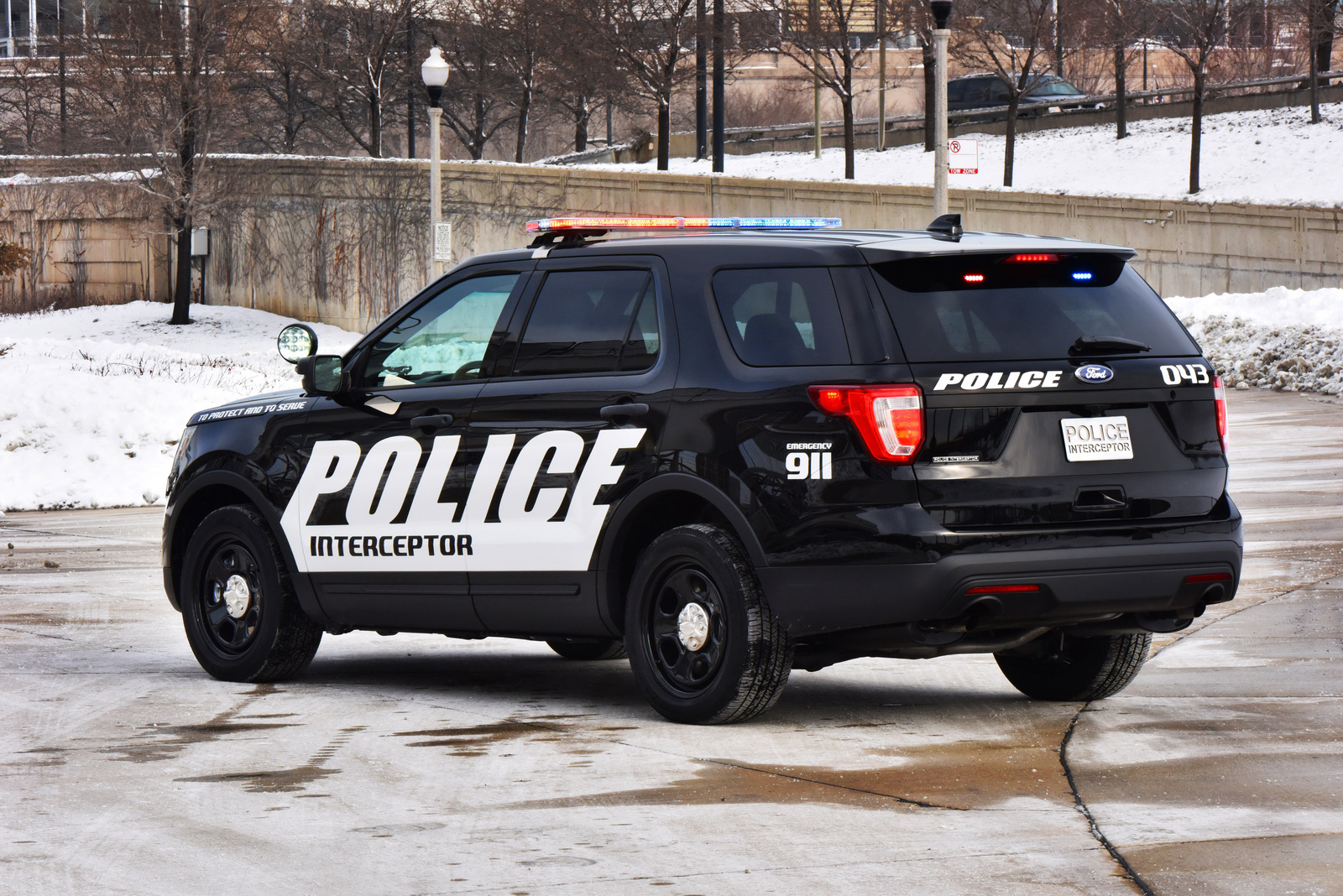Ford has high hopes for the 2020 Police Interceptor Utility, but its predecessor has been mired in controversy.
That has now sparked a lawsuit from six Washington State Troopers who claim the vehicle is making them sick because carbon monoxide is seeping into the cabin.
As noticed by the Detroit Free Press, the lawsuit alleges that 2014-2017 Police Interceptor Utility vehicles have a faulty exhaust and/or HVAC system that allows “exhaust odor and gases, including carbon monoxide, to enter the passenger compartment.” The lawsuit goes on to allege this causes nausea, dizziness, headaches and “potentially life-threatening situations.”
The lawsuit says Ford is well aware of the issue and exhaust gases have resulted in “three crash events and 25 injury incidents.” The suit goes on to mention two police related crashes and a “physiological injury allegedly from carbon monoxide exposure.”
When reached for comment, Ford spokesman Mike Levine told the paper “Carbon monoxide concerns in Police Interceptor Utilities are related to unsealed holes from the installation of police equipment by third parties after the vehicle was purchased.” In essence, Ford is saying the vehicles are fine and any issues were caused by aftermarket companies.
Back in 2017, Ford looked into reports from police departments that carbon monoxide was leaking into the cabin of the Police Interceptor Utility. As part of the investigation, the company “discovered holes and unsealed spaces in the back of some Police Interceptor Utilities that had police equipment installed after leaving Ford’s factory.” At the time, the company noted “When a police or fire department … install customized emergency lighting, radios and other equipment, they have to drill wiring access holes into the rear of the vehicle. If the holes are not properly sealed, it creates an opening where exhaust could enter the cabin.”
Also Read: Louisiana Sheriff Refuses To Buy Ford’s Police Cars For Supporting NFL Anthem Protests
While Ford said they weren’t responsible, the automaker promised to cover the costs of repairs to Police Interceptor Utility vehicles which were found to be leaking exhaust gases into the cabin. As part of this effort, the company would check and seal any gaps in the rear of the vehicle and provide a new “air conditioning calibration” that would bring in “more fresh air during heavy acceleration typical of police driving.”
Since Ford said the issue was related to aftermarket installations, the automaker contends the Explorer isn’t affected. However, the Detroit Free Press notes more than 1,300 Explorer owners have reported encountering the same issue. The paper also reached out to the National Highway Traffic Safety Administration which confirmed they’re looking into 2011-2017 Explorer models, but won’t have anything to share until their investigation is complete.





